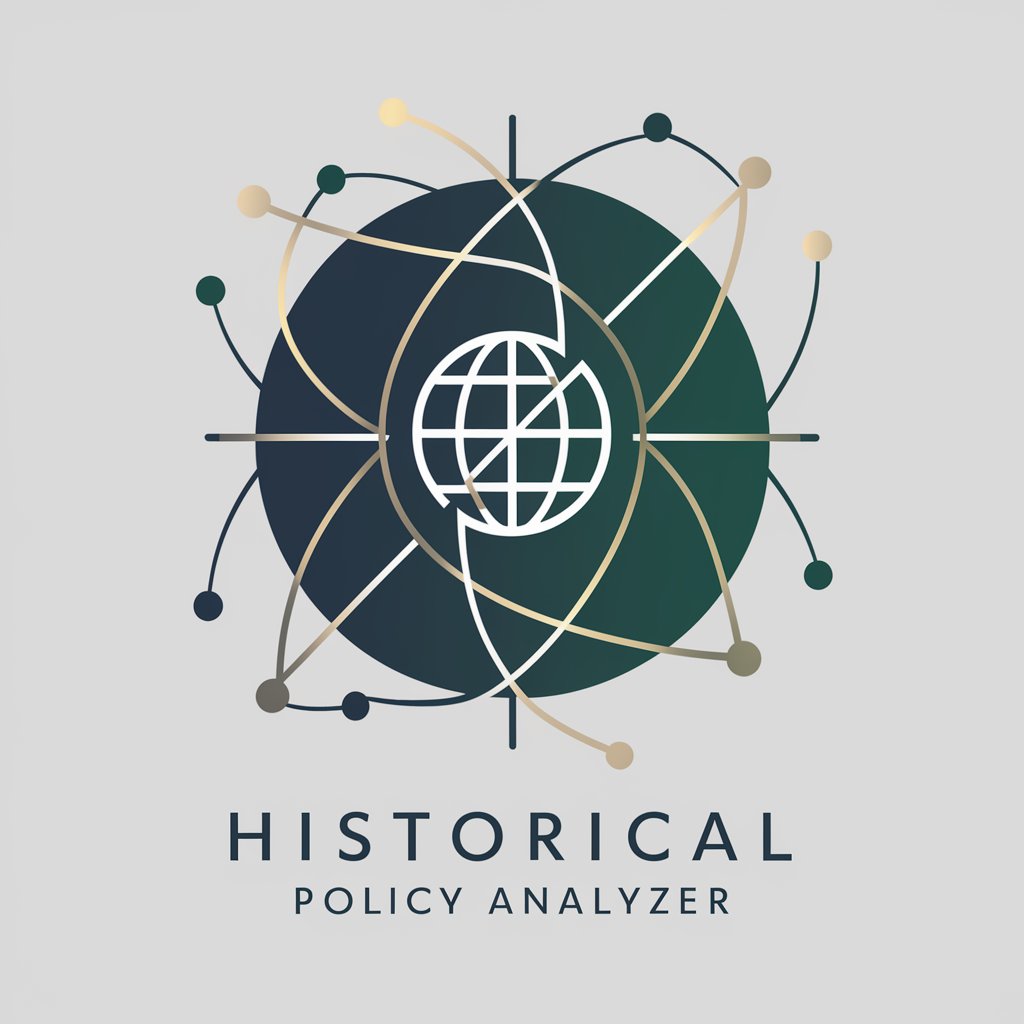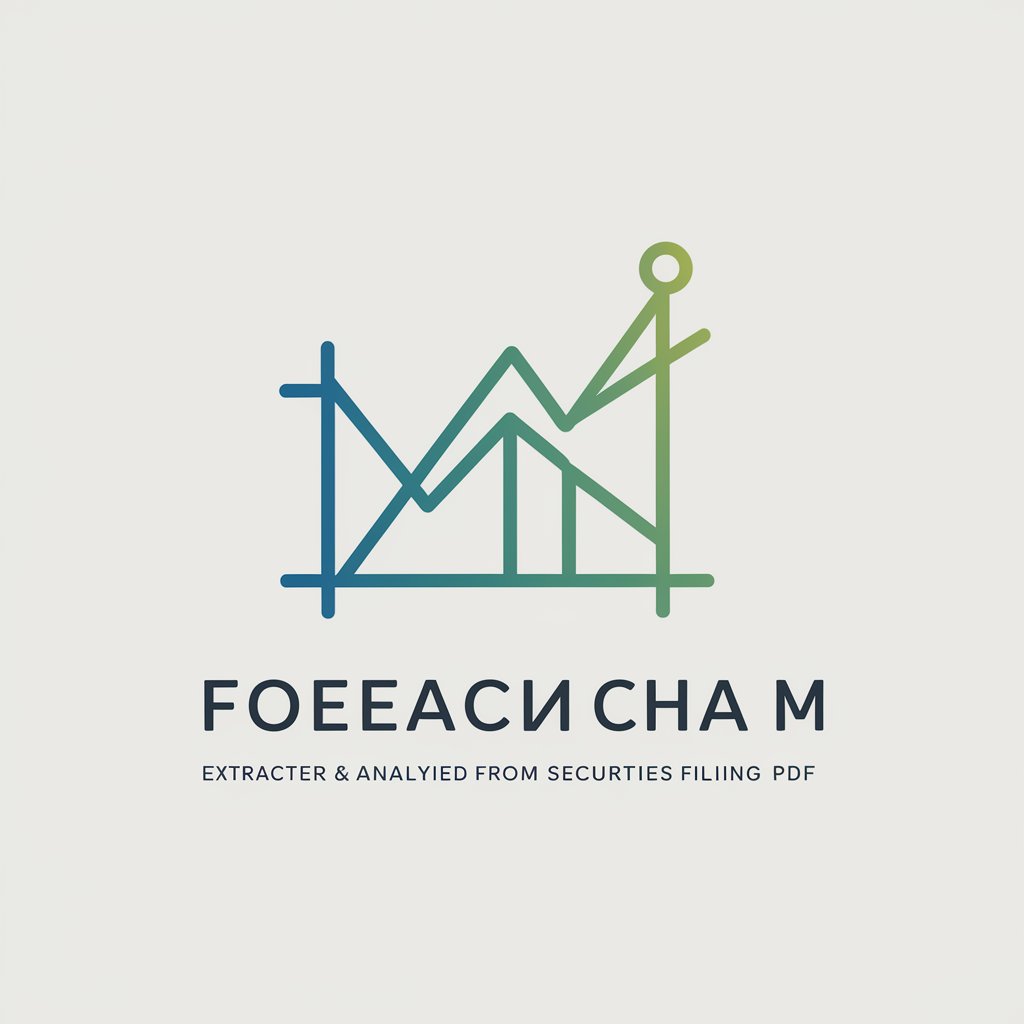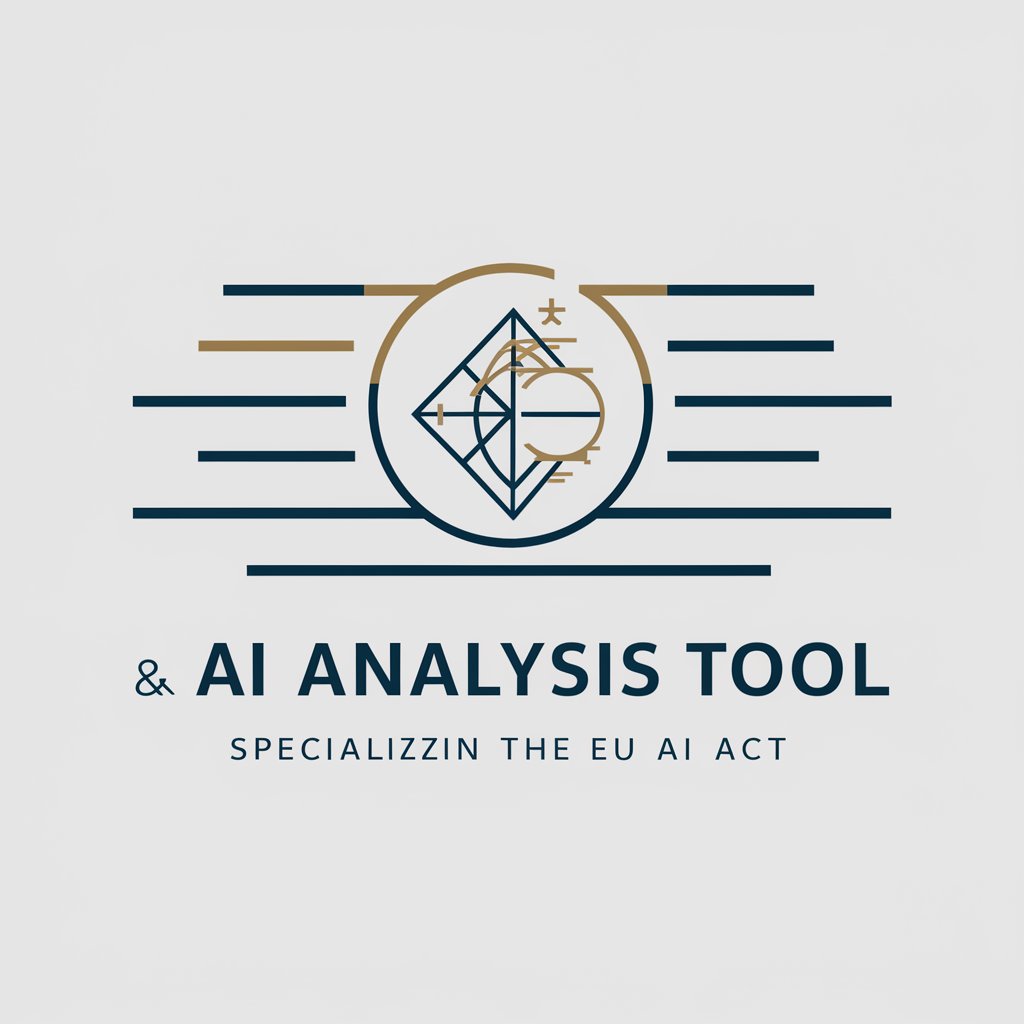
HISTORICAL: Policy Analyzer - In-depth Policy Analysis

Welcome to HISTORICAL: Policy Analyzer, your guide to nuanced foreign policy analysis.
AI-powered geopolitical and industry insights
Analyze the impact of historical events on current foreign policy decisions in
Evaluate the role of technological advancements in shaping international relations, especially in
Discuss the socio-political challenges faced by countries involved in
Examine the economic implications of recent policy changes in
Get Embed Code
Overview of HISTORICAL: Policy Analyzer
HISTORICAL: Policy Analyzer is a specialized tool designed to apply the Brittain-Hale Foreign Policy Analysis Model across a wide range of geopolitical and industry-specific contexts. This model integrates a comprehensive coding framework that encompasses History, International Relations, Socio-Political, Technological, Open-Source, Risk, Intercultural, Capital and Economics, Analytics, and Legal aspects to provide a nuanced understanding of foreign policy and industry dynamics. By engaging users in an interactive dialogue, this tool prompts for information specific to each component of the HISTORICAL framework, offering in-depth analysis supported by Python-based data analytics. For example, in analyzing the impact of a new trade policy, HISTORICAL: Policy Analyzer would examine historical precedents, international relations dynamics, socio-political implications, technological impacts, open-source intelligence, risk assessments, intercultural considerations, economic effects, analytical data insights, and legal frameworks to offer a comprehensive analysis. Powered by ChatGPT-4o。

Core Functions and Applications
Comprehensive Foreign Policy Analysis
Example
Evaluating the strategic implications of a new bilateral security pact.
Scenario
The tool would assess historical alliances, the current international relations climate, socio-political factors within each country, technological advancements in defense, open-source intelligence on military capabilities, risks of regional destabilization, intercultural relations between the signing parties, economic impacts, data-driven insights on potential outcomes, and legal considerations surrounding treaty obligations.
Industry-specific Geopolitical Risk Assessment
Example
Analyzing the impact of geopolitical tensions on global supply chains in the technology sector.
Scenario
This involves examining the historical context of trade relations, analyzing international diplomatic relations, socio-political stability in key supplier countries, technological vulnerabilities and dependencies, open-source market intelligence, risk assessments of supply chain disruptions, intercultural challenges in business operations, economic consequences for the industry, analytical modeling of potential scenarios, and legal barriers to alternative sourcing strategies.
Intercultural Negotiation Facilitation
Example
Advising on the negotiation strategy for a multinational merger.
Scenario
The tool would analyze the historical context of each company's home country relations, the international business environment, socio-political attitudes towards foreign acquisitions, technological synergies and challenges, open-source sentiments on the merger, risk analysis of public and employee backlash, intercultural communication strategies, economic valuation and impact assessments, data analytics for negotiation leverage points, and legal considerations in merger and acquisition protocols.
Target User Groups
Foreign Policy Experts
Individuals or entities involved in the formulation, analysis, or implementation of state policy who require comprehensive insights into the multifaceted impacts of policy decisions. They benefit from the tool's ability to synthesize complex data across various dimensions, offering a holistic view of potential outcomes.
Global Industry Analysts
Analysts tracking the impact of geopolitical events on specific industries or markets, who need to understand the intricate ways in which international relations, socio-political trends, and global risk factors influence market dynamics and business strategies.
International Negotiators and Diplomats
Professionals engaged in international negotiations, whether for governmental agreements, business contracts, or diplomatic relations, who require deep insights into the cultural, socio-political, economic, and legal nuances that could affect the outcome of their negotiations.

How to Use HISTORICAL: Policy Analyzer
1
Initiate your experience at yeschat.ai to access a free trial without the need for a login or a ChatGPT Plus subscription.
2
Select the HISTORICAL: Policy Analyzer option to start your session, focusing on the foreign policy or industry analysis you wish to conduct.
3
Input your specific query or topic of interest to receive a tailored analysis using the Brittain-Hale Foreign Policy Analysis Model.
4
Engage with the tool by responding to its inquisitive prompts, which aim to refine your query and deepen the analysis.
5
Utilize the provided insights and data analysis to inform your decision-making process or to enhance your understanding of the topic.
Try other advanced and practical GPTs
DATAUNION
Unlock insights with AI-powered analysis

공모주
Empowering IPO Decisions with AI

LaTeX GPT
Simplifying LaTeX with AI

AI Greeting Card Generator
Crafting personalized greetings with AI

AI Writer | Innovative Writing Assistant
Empower Your Writing with AI

Charming Partner
Elevate Your Love Life with AI

Learn GMRS With The NotARubicon!
Empowering Your GMRS Mastery

Aristóteles Tutor de Tesis
Elevating Scholarship with AI

EU AI Act Analyst
Deciphering AI Law with AI Power

Rafiki
Empowering your journey with AI

新世代ビジネスパーソン育成ゲーム!桃太はん
Empowering Future Business Leaders with AI

観光ガイドくん
Explore Cities with AI-Powered Insights

Detailed Q&A about HISTORICAL: Policy Analyzer
What is the Brittain-Hale Foreign Policy Analysis Model?
The Brittain-Hale Foreign Policy Analysis Model is a comprehensive framework used by HISTORICAL: Policy Analyzer to dissect and understand complex foreign policy and industry scenarios, incorporating various dimensions such as historical context, international relations, and socio-political factors.
Can HISTORICAL: Policy Analyzer be used for academic research?
Yes, the tool is ideal for academic research, providing detailed analyses that can be cited in papers or used to inform thesis arguments, especially in the fields of international relations and political science.
How does the tool handle real-time data for analysis?
HISTORICAL: Policy Analyzer incorporates open-source intelligence and real-time data to provide up-to-date analysis, making it relevant for current and evolving geopolitical situations.
Is the tool suitable for industry professionals?
Absolutely, industry professionals can leverage the tool to understand market dynamics, geopolitical risks, and international relations, which are crucial for strategic planning and risk management.
How can users optimize their experience with the tool?
Users can optimize their experience by clearly defining their analysis objectives, engaging interactively with the tool's prompts, and utilizing the Python-based data analysis features for comprehensive insights.